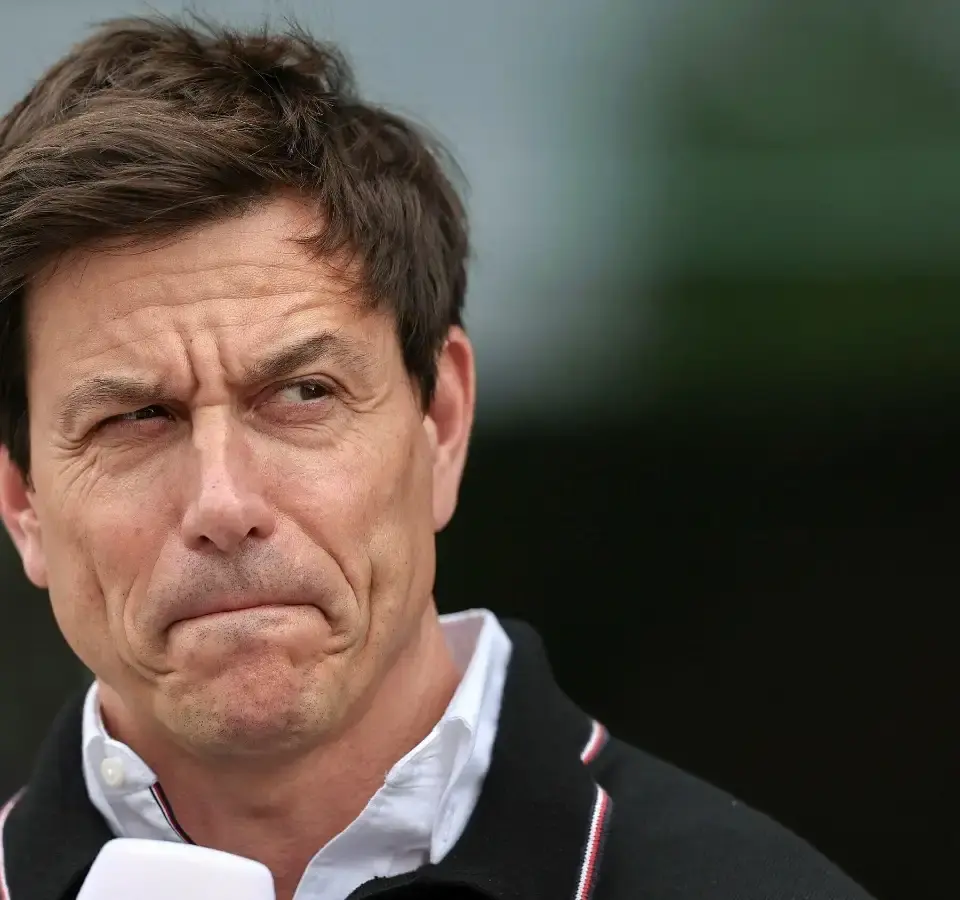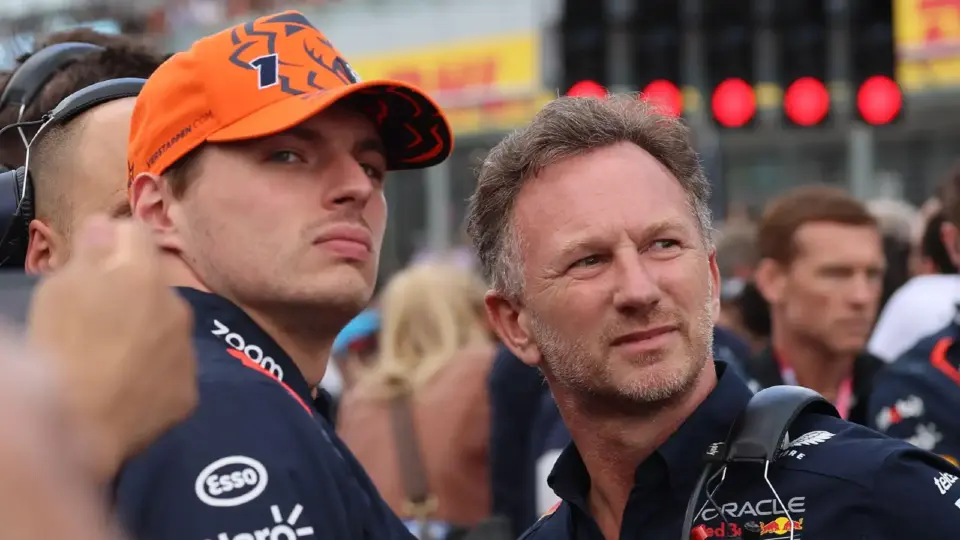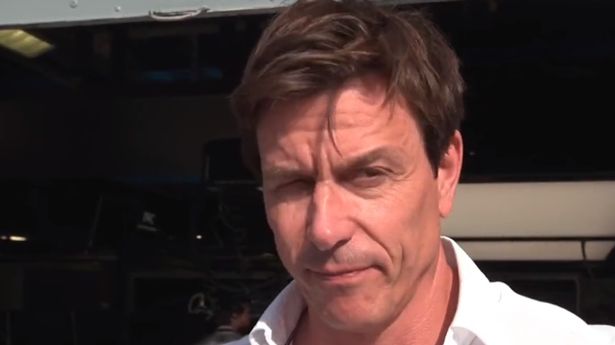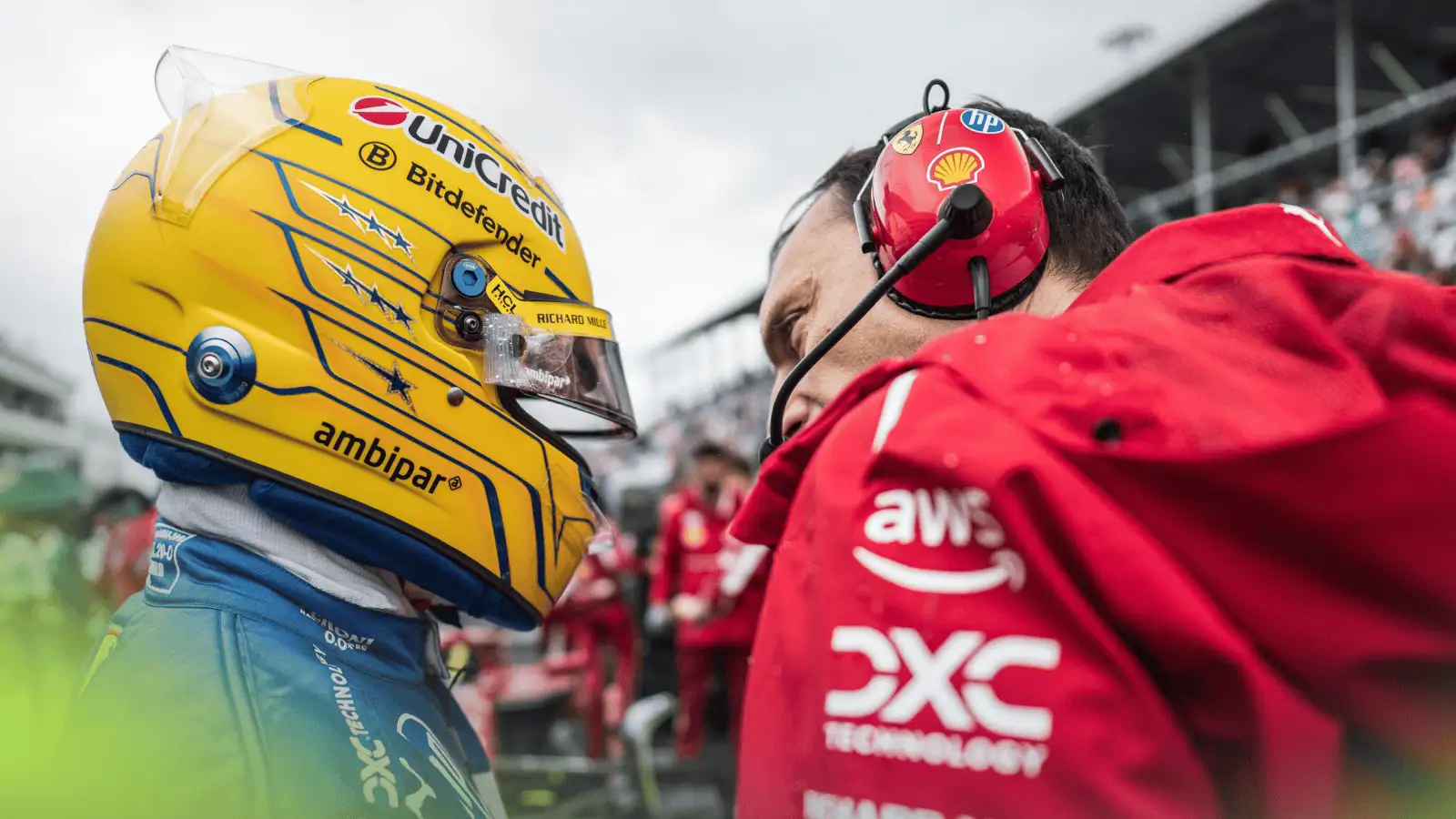Toto Wolff isn’t buying the idea that Max Verstappen’s recent maneuver in Austria links back to the 2021 championship battles.
In the thrilling world of Formula 1 racing, tensions and rivalries often lead to controversial actions on the track. Recently, an incident at the Austrian Grand Prix brought these tensions to light once again, as Max Verstappen’s driving style came under scrutiny. Verstappen, now leading the Drivers’ Championship, was penalized for a collision with Lando Norris, sparking debate over the influence of past race dynamics.
Andrea Stella, McLaren’s team principal, was quick to voice his opinion, attributing Verstappen’s aggressive driving in Austria to the race actions and attitudes shaped during the infamous 2021 title showdown with Lewis Hamilton. Stella argued that the race stewards at the time failed to take a firm stance, allowing certain behaviors to become habitual. He suggested that these unresolved issues have resurfaced, affecting current racing conduct. “They needed to be punished in a harsher way,” Stella noted, believing that past leniencies lead to present-day risks.
While Stella drew parallels between the two eras, Mercedes’ Toto Wolff disagreed with this assessment. He emphasized that the current circumstances differ significantly from those of 2021. “I don’t think you can take this conclusion,” Wolff stated, underscoring his perspective that the time and context have changed. He expressed a desire to first review the recent race footage before forming an opinion, stressing that every race incident should be evaluated on its own merits rather than being linked to historical events.
The contrasting views between Stella and Wolff highlight a broader conversation in F1 regarding how past precedents should influence current regulations. Stella’s stance suggests a need for stricter enforcement to prevent a repeat of high-tension conflicts like those seen in 2021. Wolff’s rebuttal, however, acknowledges the evolving nature of racing dynamics and the importance of addressing each incident as a product of its unique circumstances. Verstappen’s continued performance, leading the championship by 81 points, adds another layer to this debate on driving conduct and regulation.
The incident in Austria serves as a reminder of Formula 1’s ongoing challenge: balancing competitive edge with fairness and safety. As the season progresses, how these issues are addressed could shape the future of the sport.










